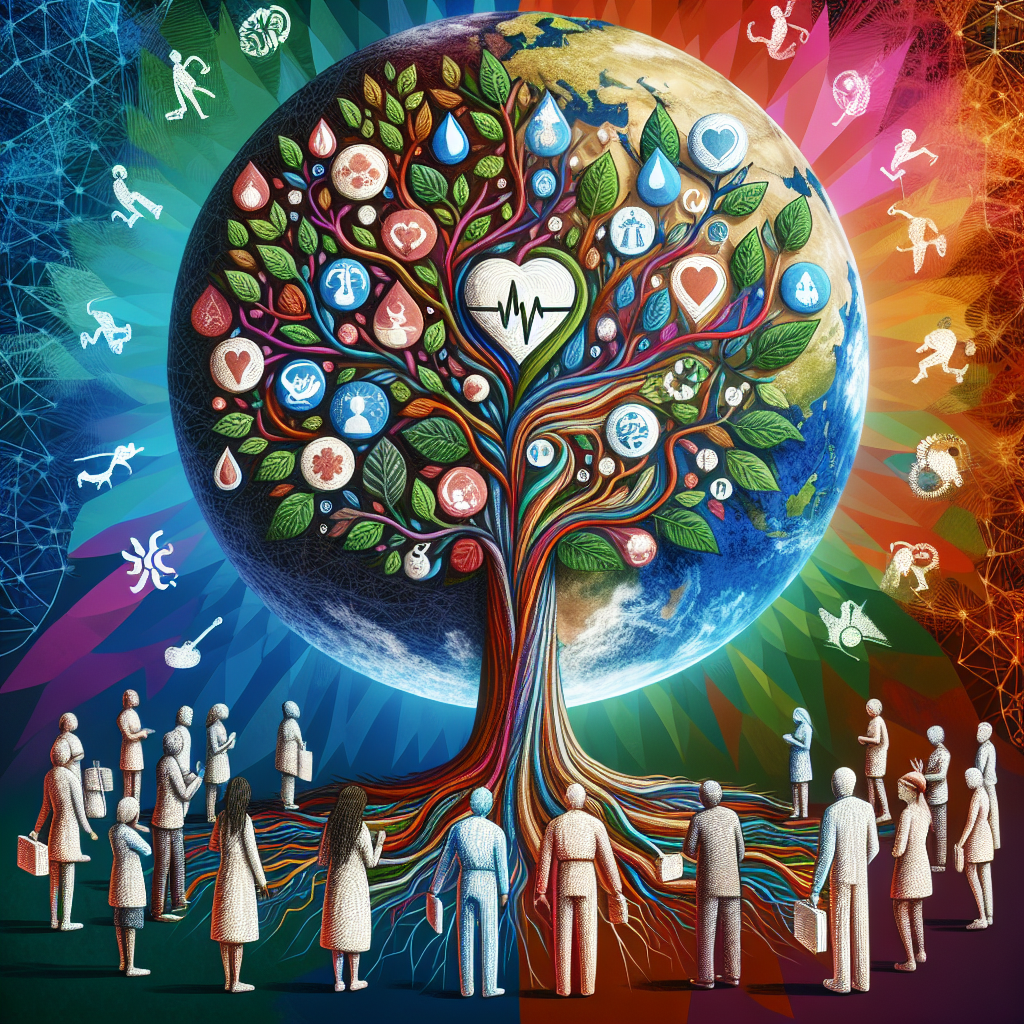March 5, 2025
Growing Awareness among Americans on the Health Impacts of Climate Change
Book a Demo
Over the past decade, there has been a significant increase in the awareness of Americans about the impact of climate change on health. This is according to a recent survey conducted by the Yale Program on Climate Change Communication and George Mason University’s Center for Climate Change Communication. The study has brought to light some interesting and encouraging results.
The survey revealed that Americans have developed a higher trust level towards physicians, climate scientists, federal agencies, local public health departments, and the World Health Organization as sources of information about the health harms of global warming. It is noteworthy to mention that these sources of information have faced threats due to actions taken by the Trump administration, such as budget cuts for the Environmental Protection Agency and the removal of climate and health information from government websites.
In a significant shift from previous surveys, 39% of Americans now believe that global warming is causing harm to health, either “a great deal” or “a moderate amount”. The survey also showed that nearly half of Americans understand that the health harms resulting from the climate crisis affect Americans unequally.
Interestingly, despite a decrease in overall trust in health professionals following the COVID-19 pandemic, the survey found an increased trust in scientists and researchers regarding the health impacts of global warming. This is an encouraging sign that the importance of scientific research in addressing global issues is being recognized.
Also, the survey found that 37% of Americans can now identify at least one specific health harm resulting from climate change. This is a 5% increase from 2014 and highlights the growing public awareness of the health risks associated with climate change.
Certain health risks from climate change, such as heat stress, malnutrition, malaria, and diarrhea, disproportionately affect vulnerable communities. The World Health Organization has estimated an additional 250,000 annual deaths worldwide from these causes between 2030 and 2050.
Lastly, the survey reflected an increased understanding among Americans that coal and natural gas harm people’s health. However, it also found that some Americans incorrectly believe that wind and solar energy are harmful to health. This underscores the importance of continued public education about renewable energy sources and their benefits for both health and the environment.
Science4Data is committed to cut through greenwashing and measure real impact. Join the journey to a sustainable future. Your actions matter.



